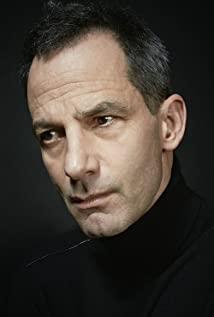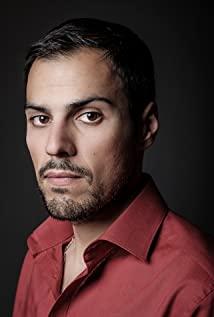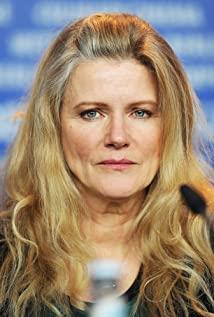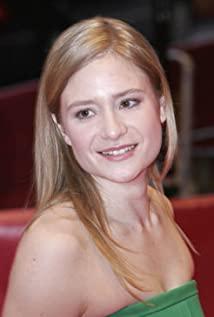"Since Socrates and Plato, we have seen thinking as a silent dialogue between ourselves and ourselves. In refusing to be a human being, Eichmann completely abandoned this ability to be truly human. That ability is thinking, so he can't have any moral sense anymore." When Hannah Arendt faced the puzzled, angry eyes of students, teachers, and politicians, she had to defend herself. defend. Just like Socrates back then, but after she had a university, she received some asylum, and she no longer needed to go to court to accept public sanctions. In one of her essays, Philosophy and Politics, she wrote about the death of Socrates as the beginning of a major distinction between philosophy and politics. When she also encountered a situation similar to Socrates, she chose to follow the path of Socrates, chose to pursue the truth, and suffered for it. When young Hannah Arendt first met her teacher Heidegger many years ago, Heidegger said to her: "Thinking is a lonely thing." Hannah Arendt didn't understand the truth at that time. Thinking must make people lonely, because this is a career that faces oneself and the ancients. But with the increase of experience, she gradually discovered that the reason why thinkers are lonely is partly because of their own loneliness, and partly because of the persecution of the outside world. When the whole world can't understand your thinking, no one can understand the loneliness. In Jerusalem, Hannah Arendt watched Eichmann's trial. She couldn't understand how this mediocre man still didn't care after doing so many heinous things? Eichmann wasn't scary at all, Without the horror that a "devil" should have - that's exactly what people have always believed - wicked people do evil because they are evil. But the Eichmann in Hannah Arendt's eyes, the Eichmann in Jerusalem, was clearly just a tired ordinary man. How could he have committed such a heinous crime? Eichmann argued that what he did was in accordance with the law and the orders of his superiors. As long as he gave proof that his father was a traitor, he would kill him without hesitation. The Nuremberg Trials exposed a question, that is, "is an evil law a law?" - what should be the choice when there is a conflict between the law and the conscience? This question has had a great impact on Western thinkers. Eichmann was a slip through the net of the Nuremberg trial. After more than ten years of discussion, when the voice of the Nuremberg trial had gradually dissipated, an owl was finally about to fly in the night sky of Minerva. Arendt's thinking was called "banal evil" by her. She believed that the Nazis wanted to erase the individuality of people, and the massacres in the Nazi concentration camps always began by disqualifying people from being human. So what the Nazis committed were "crimes against humanity." Their crimes were not only committed against Jews, but also against humans. People like Eichmann are also a group of people who have lost their conscience and their qualifications to be human. Because they don't want to think, they just obey. Such people who give up their qualifications to be human are abominable and miserable. Arendt didn't dwell on the question of "Whether a bad law is a law or not", she cast her eyes on the human being and think about human affairs - this is a kind of philosophical vision. The Greeks could see clearly that this nation rich in philosophers had a profound understanding of philosophy. In Antigone, Antigone fights against the laws of the city-state for the "law of God" in his heart. Antigone dared to think and thus discovered conscience. Her sister didn't dare to think, but inspired by her sister, she finally found her own heart too. But the thinker is alone. Socrates was put to death, and Antigone was put to death. if you ask cypress Latour: Would you like to be king to guide the people out of the cave? He would answer, Philosophers are never kings, they are always forced. Hannah Arendt came to understand the teacher's words, after she published the report, which sparked outrage. Looking around, not everyone can be called human, and many have lost their qualifications to be human. It's scary, they're all potential Nazis. So are the Jews, so are the Germans, all are—except those who really want to think Hannah Arendt says she doesn’t love the world, only her friends, the only ones she’s capable of loving. If there is no sun, she is the only light. And the sun can't do it, just illuminate those who can see the light. A proverb from the ancient Greeks to share with you all. "You were not born to live like beasts, but to pursue virtue and knowledge."
View more about Hannah Arendt reviews











